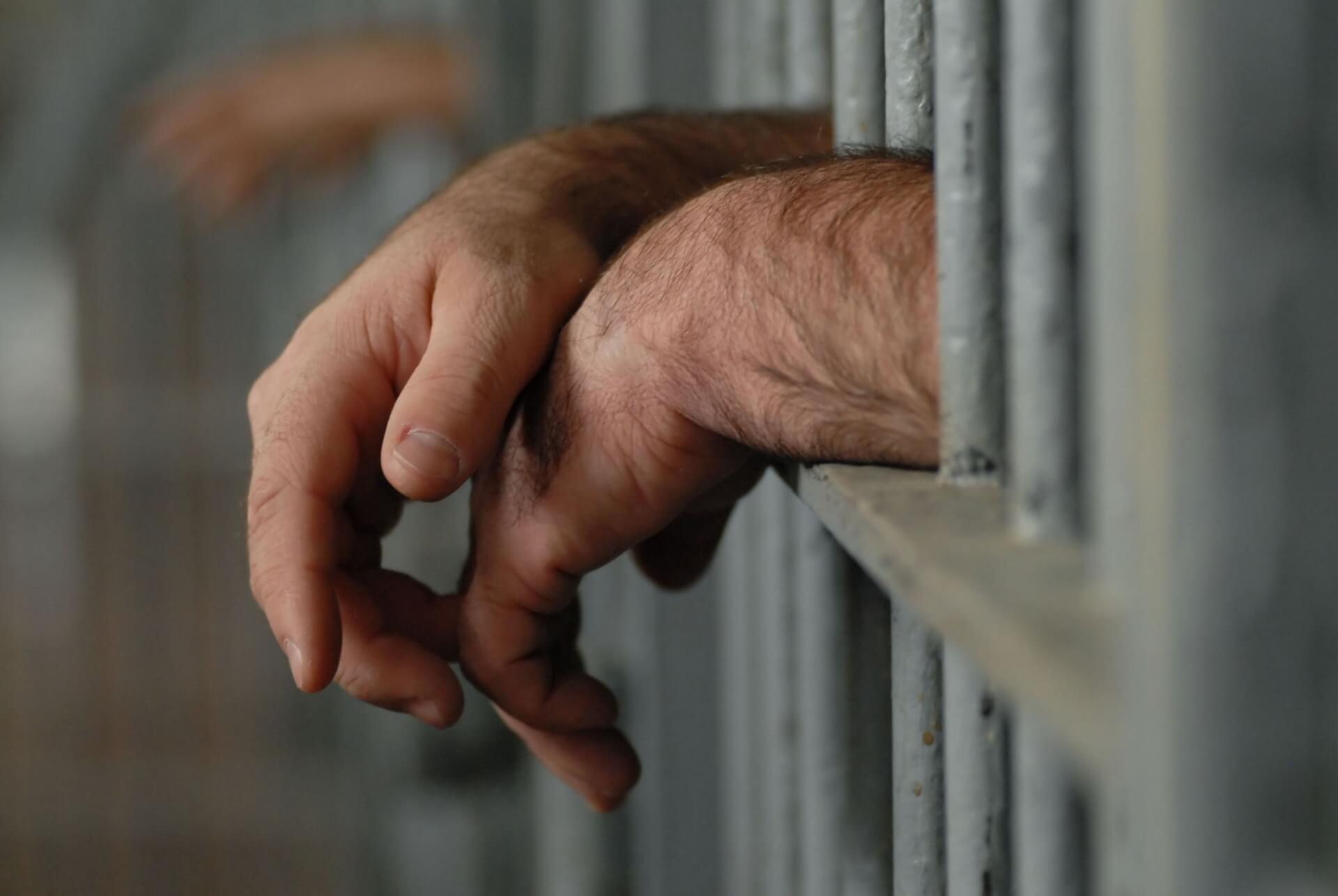
If you get a DWI with a child in your vehicle, you could face serious charges under Texas law. In this post, we’re going to detail the law and penalties, then let you know what you can do to fight your charges.
Drive Drunk with a Kid, Get Hit with Texas Child Endangerment Charges
If you receive a DWI with a child in the vehicle, you can be charged with child endangerment.
The Texas statute on child endangerment reads:
“A person commits an offense if he intentionally, knowingly, recklessly, or with criminal negligence, by act or omission, engages in conduct that places a child younger than 15 years in imminent danger of death, bodily injury, or physical or mental impairment.”
Child endangerment also applies to reckless driving with a child passenger, failing to secure your child with a seat belt or appropriate car seat, or abandoning a child under 15 years old in a vehicle.
These charges may be filed along with DWI charges.
Penalties for DWI and Child Endangerment in Texas
Texas law punishes drivers with a blood alcohol concentration (BAC) of 0.08 percent or higher.
In our Texas, you must submit to a BAC or breath test, or your driver’s license will be automatically revoked for 180 days. If the arresting officer finds an open container of alcohol in your vehicle, you can be fined up to $500 and be jailed for up to six days.
For a first DWI offense, the penalty includes the loss of your driver’s license for up to one year, between three to 180 days in jail, and a fine of up to $2,000. You will also be required to pay an annual fee of $1,000 or $2,000 for three years to use your driver’s license.
For a second DWI offense, the penalty includes the loss of your driver’s license for up to two years, one month to one year in jail, and a fine of up to $4,000. You will also be required to pay an annual fee of $1,000, $1,500 or $2,000 for three years to use your driver’s license.
For a third DWI offense, the penalty includes loss of driver’s license for up to two years, two to 10 years in prison, and a fine of up to $10,000. And, of course, that annual fee of $1,000, $1,500 or $2,000 for three years to use your driver’s license.
If you have two or more DWI convictions within five years, the judge may order you to install an ignition interlock switch on your vehicle. This device prohibits the use of your vehicle unless your BAC is below a set limit.

If an individual receives a DWI with a child in the vehicle, the penalty is a state jail felony. A conviction will result in loss of driver’s license for 180 days, incarceration of 180 days to 2 years in the Texas state jail system and a fine of up to $10,000.
Defenses to DWI or Child Endangerment Charges
A skilled Texas criminal attorney will know of a number of different defenses that may be appropriate in helping you to fight your charges, including the following:
Lack of Proper Stop
If the police pulled you over for reasons other than erratic driving or not wearing a seat belt, your case may be dropped.
Lack of Protocol
Did the law enforcement officer read your Miranda rights at the time of arrest? If not, you can use this defense to have everything you said to them stricken from the record. You can also use a lack of protocol defense if the police used unnecessary force against you.
Field Test Failure
When you are pulled over on suspicion of drunk driving, the arresting officer will ask you to perform a field test to check for signs of inebriation. You may fail the field test due to physical impairments, or your eyes may be bloodshot due to allergies or other medical conditions. If so, you can use this defense to your charges.
Breathalyzer Test Failure
The police will most likely test your breath for alcohol when you are pulled over. The test can register a false positive for many reasons. If the equipment is not properly calibrated, if the officer isn’t using it correctly, or if foreign materials are detected as alcohol, your test results can’t be used in court.
Blood Test Compromised
At the police station, your blood will be drawn in another test. If the blood samples are mishandled in any way, your test results could be skewed. If your attorney can prove that the samples were compromised, they cannot be used as evidence against you.

Call today for a free case review with an experienced attorney. We will help you fight your charges.
About the Author:
Brandon Fulgham has an in-depth understanding of both Texas law and Texans themselves. Before practicing law here, he received his undergraduate degree from TCU, and his law degree from South Texas College of Law in Houston. After graduation, he worked in District Attorneys’ offices as a prosecutor, building cases designed to put people behind bars. Now, he uses that knowledge to protect the rights of people in and around Fort Worth, making sure they receive the strongest possible defense when they find themselves on the wrong side of the law. He has been recognized for his work by The National Trial Lawyers, Fort Worth Magazine, and others.